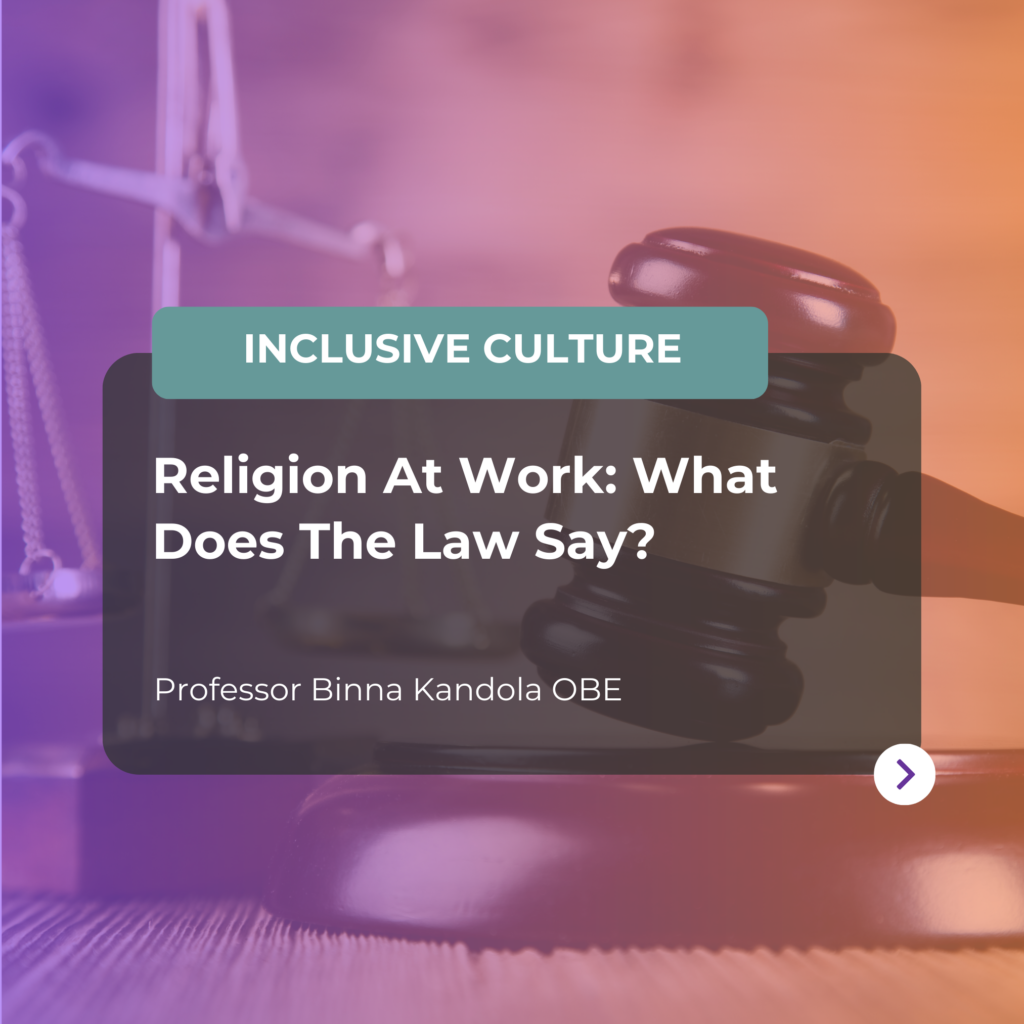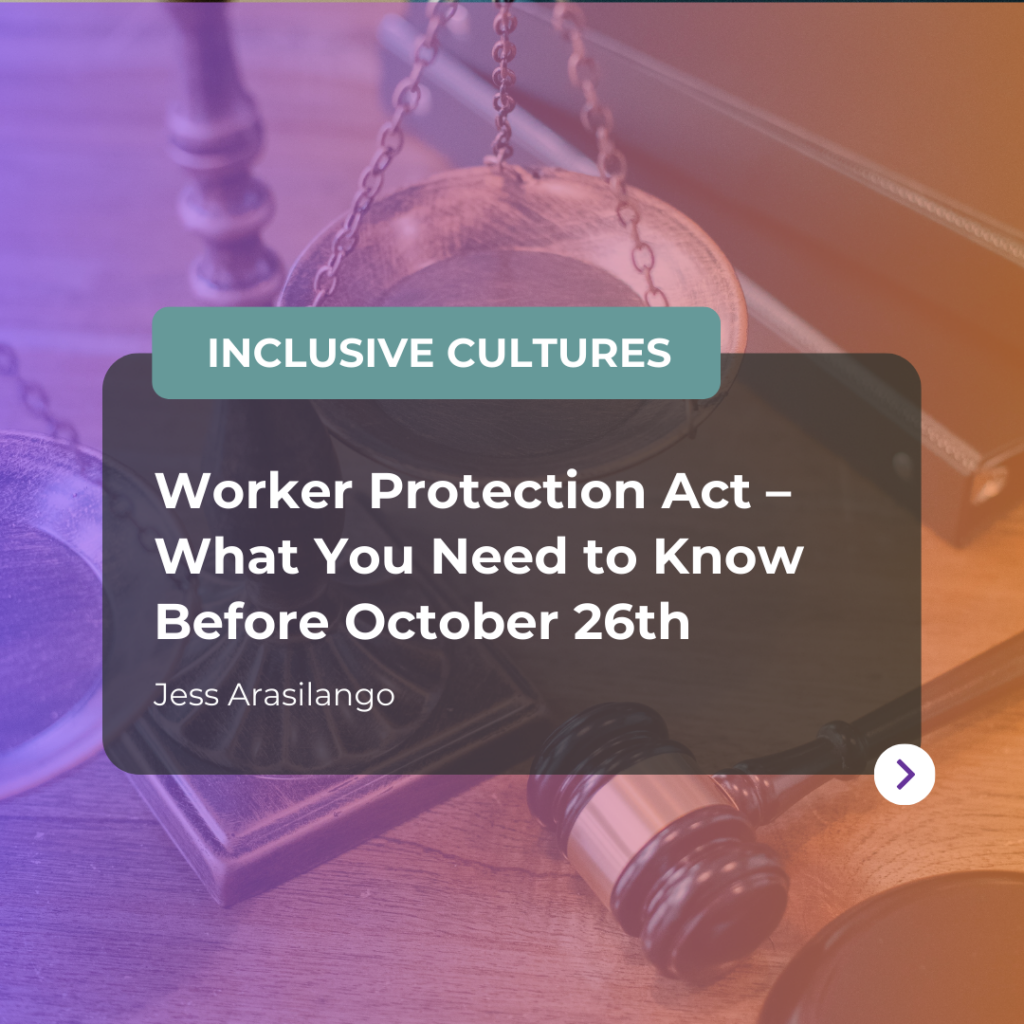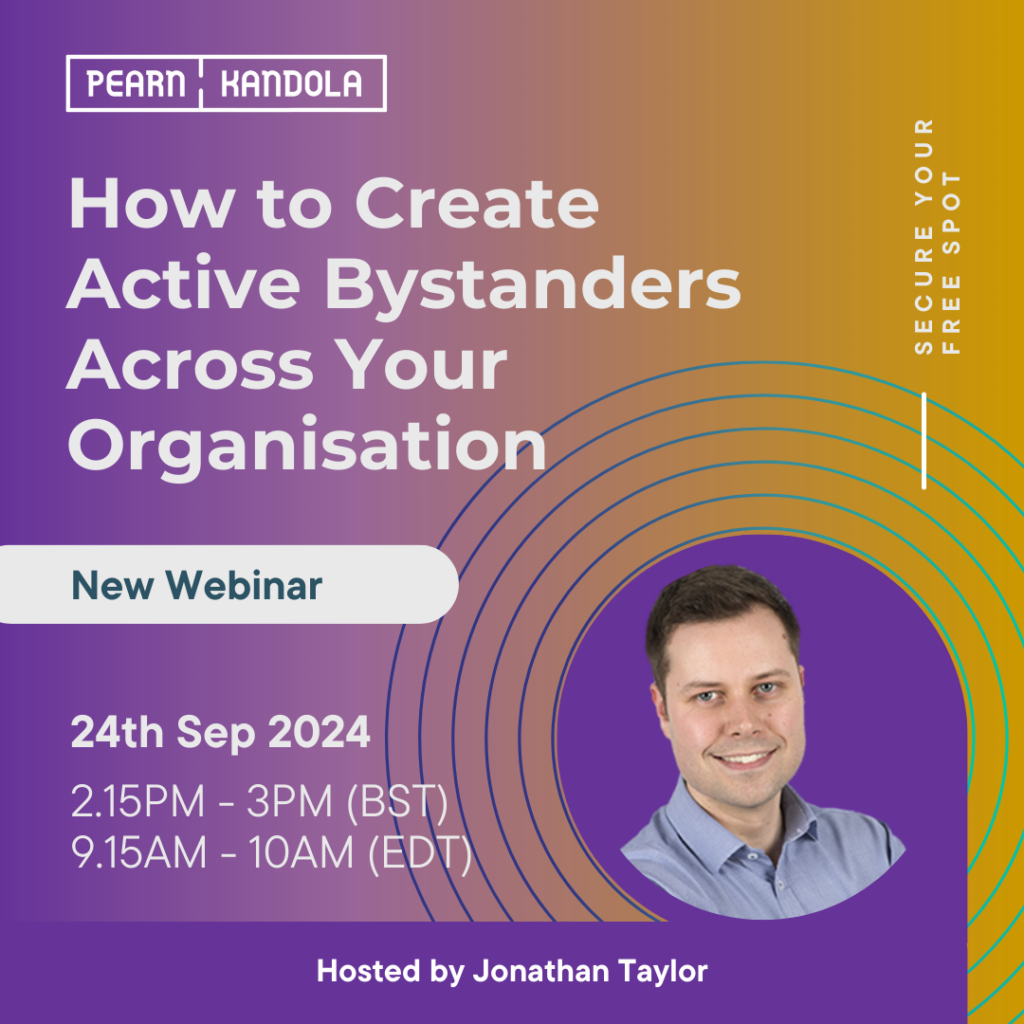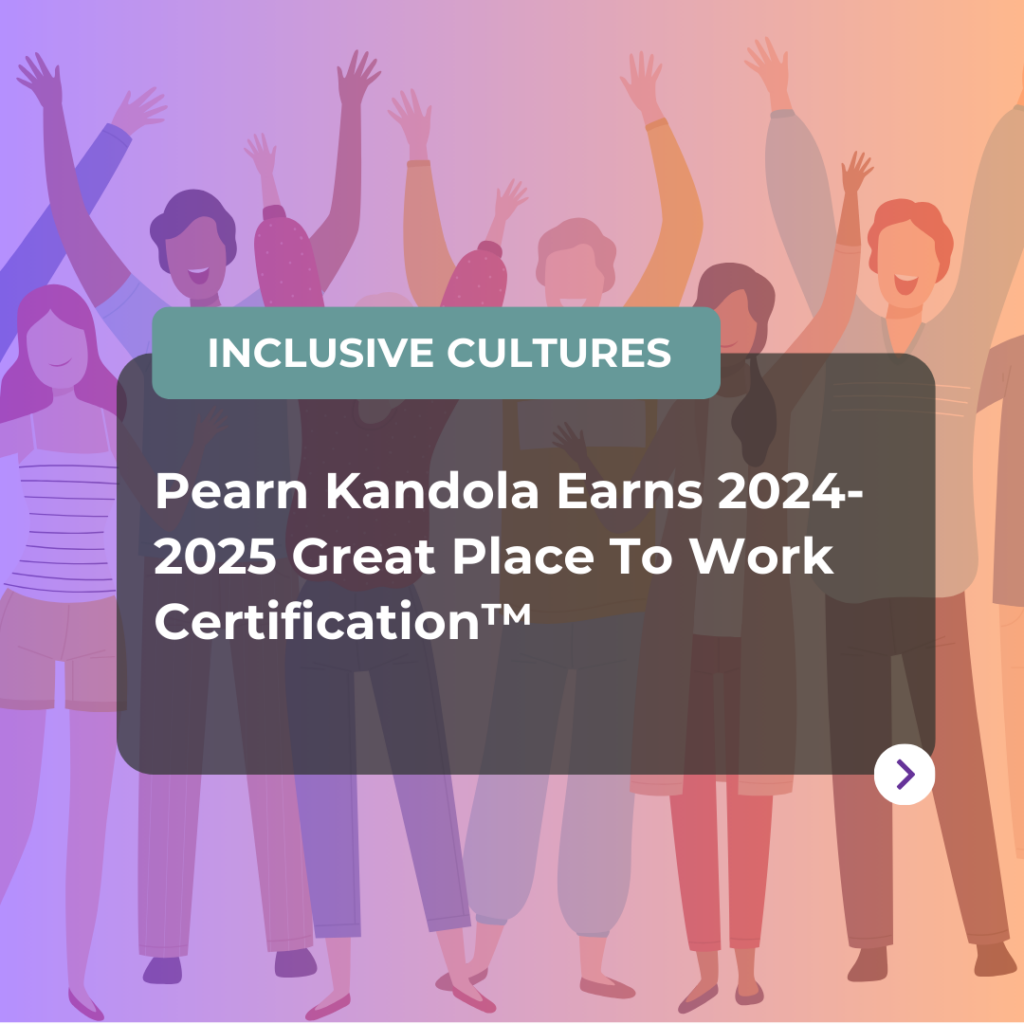There’s been a lot of talk in the press recently about macho workplace cultures, with discussion often focussing in particular on uniformed professions such as the police.
During these conversations, we tend to home in on the dangers of such environments, how they can become breeding grounds for hostile behaviour and how we should strive wherever possible to avoid them.
But how is a macho culture created? What conditions are required for this kind of behaviour to become the norm? And what can we do to prevent it?
In what settings does macho behaviour thrive?
We tend to find macho behaviour in male-dominated organisations, often with very hierarchical structures and little representation of women at senior levels. This imbalance, in turn, paves the way for the sexist and derogatory attitudes that we so often associate with such environments.
But while macho cultures are certainly breeding grounds for sexism, it isn’t sexism that drives them. Instead, to be macho is more about a broader sense of dominance and authority. People bark at each other, fighting for their place. In order to keep up in a macho environment, you have to be macho yourself. As a result, these aren’t just harmful places for women. Everyone is under pressure, meaning that everyone is at risk.
It’s possible that the image or identity associated with certain professions plays a role in the creation of a macho culture. With the police, for instance, we talk about officers “fighting crime” and “protecting the community.” Even the commonly used label “police force” carries connotations of power and strength. No doubt they inform our expectations of the people working in those roles, of the power they should embody and the behaviour they should exhibit.
But while it’s often easy to pin macho qualities on uniformed services, it’s actually a much more pervasive problem. The construction industry, for instance, is a prime example of a hierarchical, male-dominated environment in which macho behaviour is required to survive and thrive. When we look at it solely in those terms, we immediately cast a much wider net.
Why is unacceptable behaviour tolerated in macho cultures?
One of the most harmful elements of macho culture, which is often the focus of the most ardent criticism, is the way inappropriate behaviour is tolerated. Sexist jokes and comments, for instance, are often dismissed as “banter,” and in time go from become normalised. The danger here, of course, is that when inappropriate behaviours become normalised, more extreme behaviours are likely to occur down the line.
This idea of tolerance – that behaviours which are inherently wrong are not only known about but are turned away from – often makes it even more troubling that macho cultures so regularly thrive in the organisations we look to for protection. To combat it, there have to be strict processes and clear procedures in place for colleagues to raise complaints in such a way that they, themselves, won’t be negatively affected. We also need leaders to set an example to the rest of the organisation, so that there is enough trust in the processes that colleagues will come forward with concerns.
There’s no denying how harmful a macho environment can be, and dealing with it won’t be an overnight task. But with the right structures and procedures in place, organisation can begin to make their workplaces safer and more inclusive.
If you think your organisation might need help putting these structures in place, please contact info@pearnkandola.com








